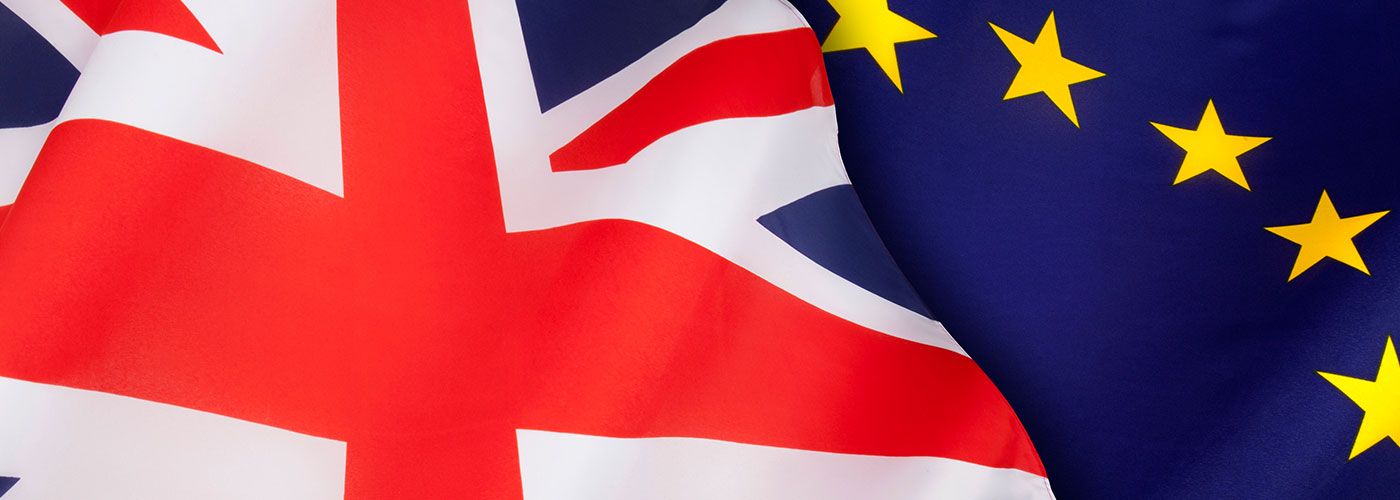Whether you are a consumer or merchant, you are aware that Brexit has completely changed the commercial rules between Belgium and the United Kingdom. Faced with these new complexities in commercial exchanges, we propose to discover the key points regarding customs duties since Brexit.
Brexit: A concise definition clarifying commercial consequences regarding customs duties
Since December 31, 2020, the United Kingdom has officially left the European Union, following the long procedure that followed the 2016 Brexit referendum. However, to enable commercial exchanges to continue under new and necessary regulations, a trade agreement was established between the EU and the United Kingdom.
Thus, the free movement of goods, as well as people, has been complicated, since European Union rules no longer apply at UK borders. On the commercial side, this agreement was intended to allow companies to continue exporting to European Union countries, notably by exempting - under conditions - customs duties following Brexit.
However, even if this is a benevolent intention in broad strokes, the details of this agreement are largely complex. Indeed, a criterion of national origin (here United Kingdom) will determine whether products exported to Belgium, as well as to other European Union countries, will be subject to customs duties or not. Thus, in case of non-compliance with national production criteria, this agreement can result in enormous additional costs for consumers and therefore a thorny problem for companies across the Channel.
So concretely, in which cases do customs duties apply since Brexit?
You will have understood that, faced with the United Kingdom's exit from the European Union, it was essential to find an agreement so that commercial exchanges could continue without additional costs. However, customs duties due to Brexit do exist, in cases where products do not meet very specific production criteria.
Concretely, this agreement includes a description of about fifty pages, specifying the essential conditions for a product to be considered as "originating from the United Kingdom" and thus be exempt from customs duties. It is thus with subtle considerations that certain products will find themselves taxed or not.
For example, a t-shirt sold by an English brand in Belgium, whose fabric would be imported from abroad, must have undergone sufficient transformation in the United Kingdom to be considered as "national production". While an automobile must include a minimum threshold of EU origin parts (in terms of value and production cost) to meet these same conditions.
This is why it is extremely complicated to find a global answer on the application of customs duties since Brexit. Each type of commerce is different, but above all each mode of production will make the difference. Some companies will undoubtedly have to adapt strongly so that their products are exempt from customs duties.
→ Furthermore, commercial exchange procedures between the United Kingdom and Belgium go beyond the simple question of customs duties, since a multitude of administrative formalities must also be completed.
With our software, you can create documents in multiple languages, different currencies and with customizable VAT rates. Feel free to try our online business management software for free.




